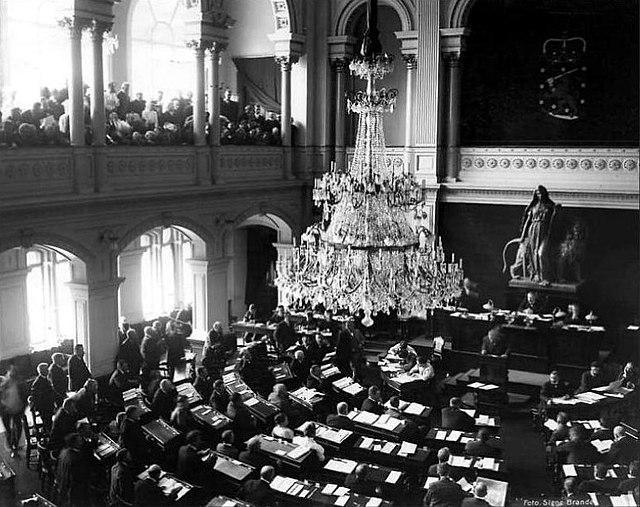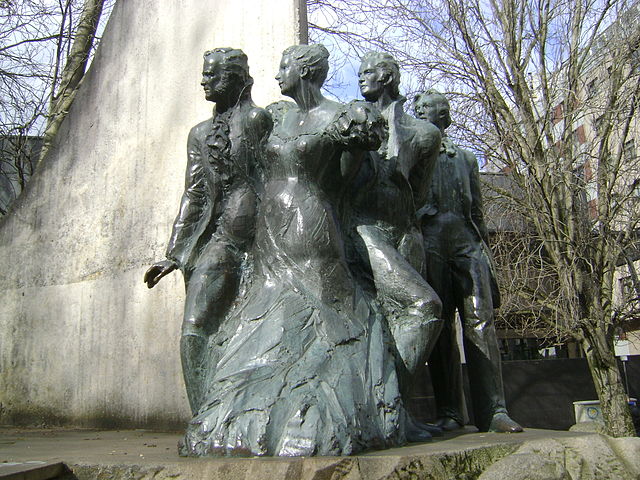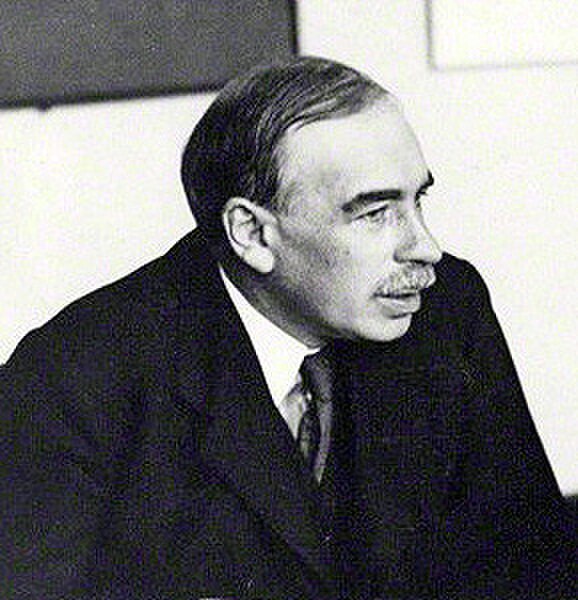Liberal democracy, western-style democracy, or substantive democracy is a form of government that combines the organization of a representative democracy with ideas of liberal political philosophy.
The Eduskunta, the parliament of the Grand Duchy of Finland (then part of Russia), had universal suffrage in 1906. Several states and territories can present arguments for being the first with universal suffrage.
John Locke was the first to develop a liberal philosophy as he coherently described the elementary principles of the liberal movement, such as the right to private property and the consent of the governed.
K. J. Ståhlberg (1865–1952), the first President of the Republic of Finland, defined Finland's anchoring as a country defending liberal democracy. Ståhlberg at his office in 1919.
Liberalism is a political and moral philosophy based on the rights of the individual, liberty, consent of the governed, political equality, right to private property and equality before the law. Liberals espouse various and often mutually warring views depending on their understanding of these principles but generally support private property, market economies, individual rights, liberal democracy, secularism, rule of law, economic and political freedom, freedom of speech, freedom of the press, freedom of assembly, and freedom of religion, constitutional government and privacy rights. Liberalism is frequently cited as the dominant ideology of modern history.
Madame de Staël
Benjamin Constant, a Franco-Swiss political activist and theorist
Monument to the liberals of the 19th century in Agra del Orzán neighborhood, La Coruña, Galicia, (Spain)
John Maynard Keynes, one of the most influential economists of modern times and whose ideas, which are still widely felt, formalized modern liberal economic policy.







